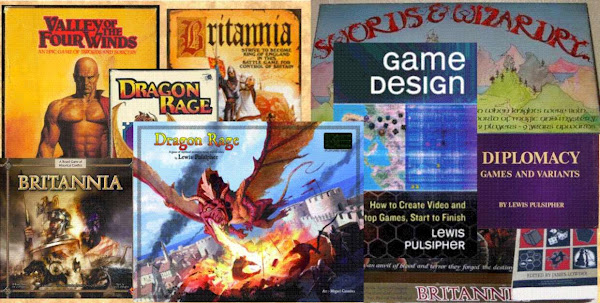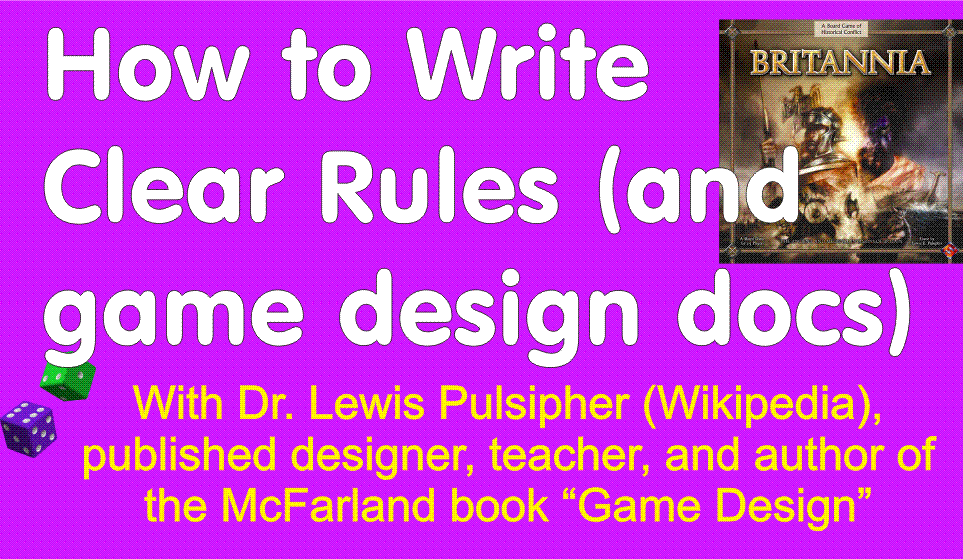What are some examples of badly balanced board games?"
Rather than list some unbalanced games, I want to talk about unbalance itself.
It isn’t always clear whether a game is unbalanced. Perhaps a group of players haven’t fgured it out, and as a result one side or another enjoys a big advantage or disadvantage. Or “the jury may still be out”.
Take Scythe as an example. It’s a popular game, though released only recently. I haven’t played or read the rules; I have watched the game for an hour or two. In the game I watched, one player ran rampant all over the map, while the other players passively allowed this to happen. When I asked a very experienced player who had played the game, his strong opinion was that Russia had a big advantage. Later I talked to another player, who knew a very experienced player with the same opinion. Later I talked with a local player, who said his group didn’t allow anyone to play Russia! Yet sometime later I talked to a player who thought one of the other sides (cannot recall which) was the one with most advantage. And a great many people play the game.
So is it unbalanced, or is it not?
Keep in mind what I call the “Invisible Hand”. This is the tendency of good players to know that one side or another is very strong or weak, and to compensate for that during play. Yes, the game is unbalanced, but the reaction of the players themselves rebalances it. Is the Invisible Hand strongly at work in Scythe? I don’t know.
Diplomacy benefits from the Invisible Hand. The inner Great Powers (Italy, Germany, Austria) are at a considerable disadvantage compared with the four outer powers (France, England, Russia, Turkey), who can put their backs easily against the “wall” of the board edge. I’ve won playing those inner countries, but I still think the game is unbalanced, and relies some on the Invisible Hand to even things out.
If I had a dime for every time someone had played my four player game Britannia (1986 and later) once, and then declared that
So why the gripes? It’s not a game you can play well until you’ve played several times, that is, it’s a deep game, not the typically shallow stuff we get today. After one play, you can’t possibly know the balance; but many gamers now blame the game if they lose, and expect to understand how to play well after one play. Not this game. Yet there are lots of complaints about balance from novices.
Gareth Higgs commented on my answer "Rather than list some unbalanced games, I want to talk about unbalance itself....":
As a very experienced Scythe player, I actually think that Crimea is the best faction with their ability to use combat cards as resources. It’s an especially good faction with the Agricultural or Patriotic boards. However, I think the game is itself fairly well balanced - It just seems like it’s unbalanced when people of various skill levels play together.
That's another possibility, of course, that a game is unbalanced unless the players are of similar experience. Or even that the game is unbalanced with novice players, and balanced with experts.










